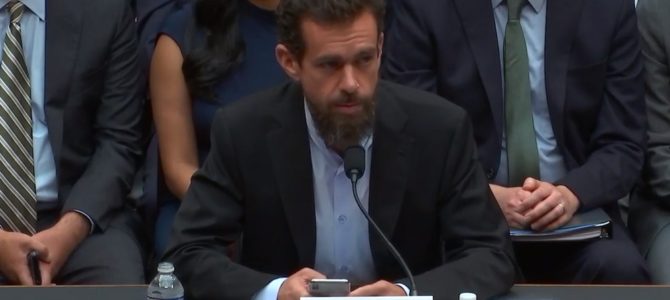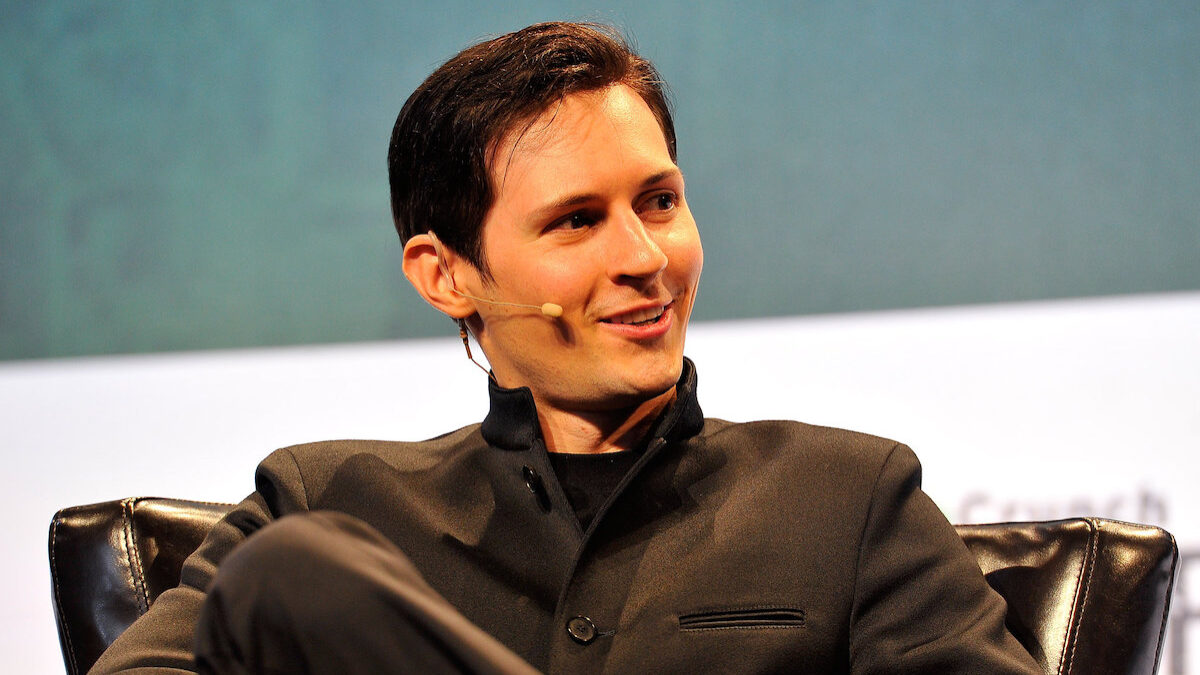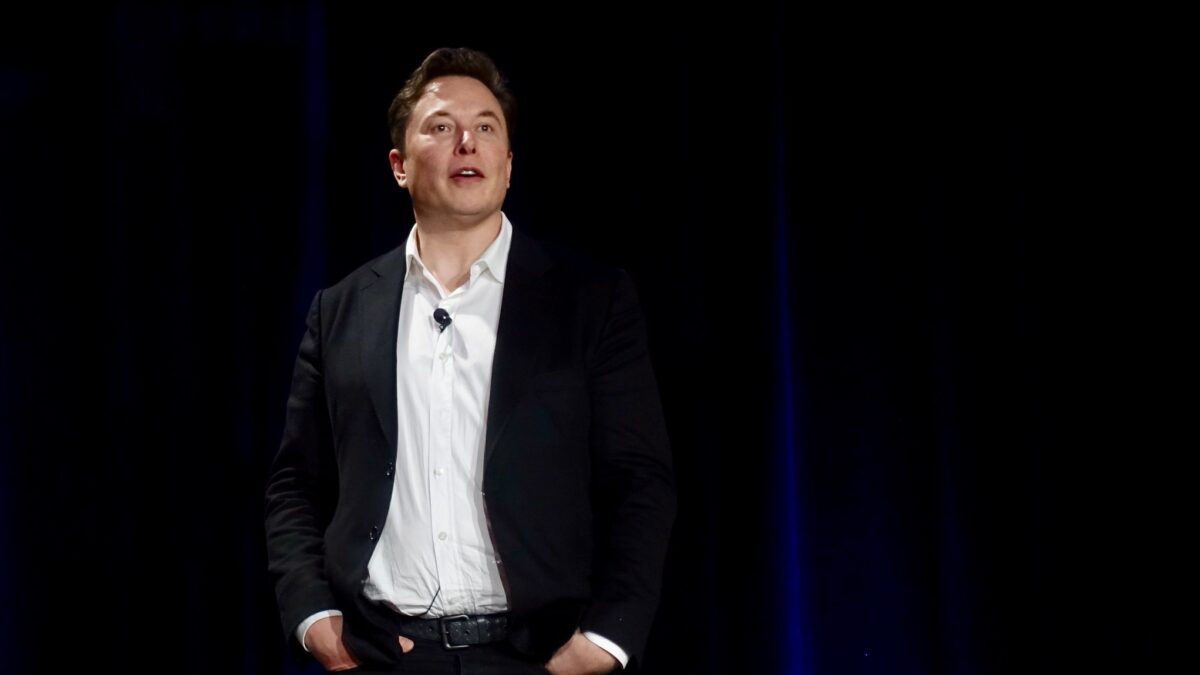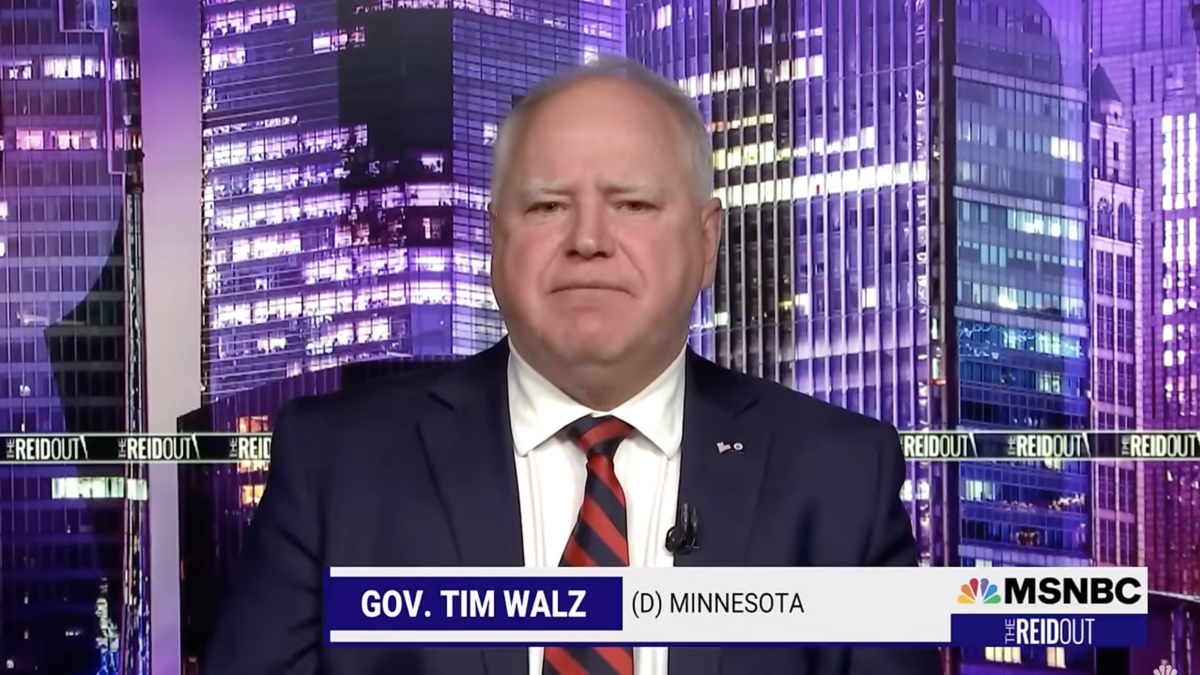
In an interview with Rolling Stone this month, Twitter CEO Jack Dorsey was asked how his company is addressing harassment and false information across their platform. His response? “We can’t be arbiters of truth.”
And yet, Twitter employees act as the self-appointed arbiters of truth everyday. Dorsey even acknowledged that he has a team of humans, not bots, whose job is to decide what is “misleading” and to curate posts as they see fit.
“The question we’re now asking ourselves is, if that is indeed misleading, how do we stop its spread? We can amplify the counter-narrative. We do have a curation team that looks to find balance,” he said.
Dorsey does not compute that by amplifying counter-narratives and in relying on his team’s idea of balance, he is indeed acting as an arbiter of his own version of truth. Here are just a few of the blaring instances when Twitter has established “their truth.”
1. Forbidding Users from “Misgendering” and “Deadnaming”
Last fall, Twitter updated their terms of service, stating: “We prohibit targeting individuals with repeated slurs, tropes or other content that intends to dehumanise, degrade or reinforce negative or harmful stereotypes about a protected category.”
“This includes targeted misgendering or deadnaming of transgender individuals.”
“Misgendering” is when you don’t use a transperson’s preferred pronouns, and “deadnaming” is when you refer to a transperson by the name they used before their transition. Consequently, last year a prominent feminist and writer, Meghan Murphy, was banned for both deadnaming and making “objectionable” statements like “Men aren’t women.”
If Twitter isn’t setting out to determine what is true or false, then basic truths about men and women wouldn’t be deserving of censorship. To use their own language, Murphy must have been “misleading” people to believe that a man cannot transform into woman simply by declaring he is a woman, and that’s why Twitter had to take action in banning her account.
Twitter has banned countless other users for their views and concerns on transgenderism and transgender members serving in the military.
2. A Congresswoman’s Pro-Life Words Are ‘Inflammatory’
When Representative Marsha Blackburn posted a campaign commercial on Twitter in 2017 in which she says she “stopped the sale of baby body parts,” her campaign was told they could not pay to have this tweet promoted. Twitter’s reasoning was that the ad was “deemed an inflammatory statement that is likely to evoke a strong negative reaction.”
.@Twitter shut down our video ad, claiming it's "inflammatory" & "negative." Join me in standing up to Silicon Valley → RETWEET our message! pic.twitter.com/K3w4AMgW6i
— Marsha Blackburn (@VoteMarsha) October 9, 2017
It is true that images or videos of aborted baby parts can be inflammatory and evoke negative reactions. It’s a horrific picture to paint, and one that should invoke horrific feelings about abortion. But this video included neither of those things. Blackburn’s misleading crime was saying the words “baby body parts” instead of “fetal tissue harvesting.” If Twitter were truly not an arbiter of truth, they would allow users to interpret the language for themselves, yet here we find them intervening again.
3. What Is Appropriate Speech?
There are too many examples of times that Twitter has decided for themselves what is or isn’t appropriate content for their platform (which they absolutely have the right to do as a private entity). The trouble is, the violations of their rules and policies are inconsistently applied, and often only enforced when Dorsey’s team disagrees politically with the offender’s views. It’s one thing to ban all hateful, racist, and violent speech, but you might be arbitrating the truth when you decide that some hateful speech deserves banning and other comparable hateful speech does not.
Candace Owens, Jesse Kelly, and Roger Stone are just a few of the users banned either permanently or temporarily, sometimes for speech labeled “harassment,” and sometimes for no given reason at all. It is not just a coincidence that all of these names are associated with alternative political views, and yet someone who espouses similar hate speech on Twitter but the “correct” political views is never punished. Someone like the New York Times’ Sarah Jeong.
Jeong has a long history of explicitly racist tweets dating back to 2014, but presumably because she is not white, and also employed by The New York Times, her tweets are not deemed inappropriate by Team Twitter.
At other times, it’s the hateful or violent content aimed at conservatives that is allowed to go unbanned. A violent image posted of conservative commentator Meghan McCain remained posted for an entire day before national attention prompted Twitter to remove it. When 20-year-old Ariana Rowlands received a wave death threats on Twitter for tweeting her support of President Trump, she reported the abuse and Twitter did nothing.
Again, this is just one example of inconsistency in a sea of others (usually conservatives) who have had either single tweets or entire accounts banned for their opinions on brussels sprouts or in some cases, for just simply existing on the platform, with no clear stated reason as to why they were doing so.
Twitter faces a choice about whether they consider themselves a publisher or not. If they are, then they are welcome to publish their version of the truth. But if they are not a publisher, as they currently claim, then they must relinquish their failing efforts to control speech to the public square. The most perplexing conclusion from Dorsey’s interview with Rolling Stone is not that he doesn’t understand it’s impossible to have it both ways, but that he genuinely thinks he can.
“We could just sit back and be neutral and passive, like, ‘OK, we’re good,’ because the thing self-corrects…I don’t think we should just say, ‘The network takes care of itself.’ We need to say, ‘How do we not determine true or false, but how do we determine is it misleading?'” Jack, if you’re acknowledging that true free speech regulates itself, and choosing to override it with your own speech policing, you’re a self-declared “arbiter of truth.”









